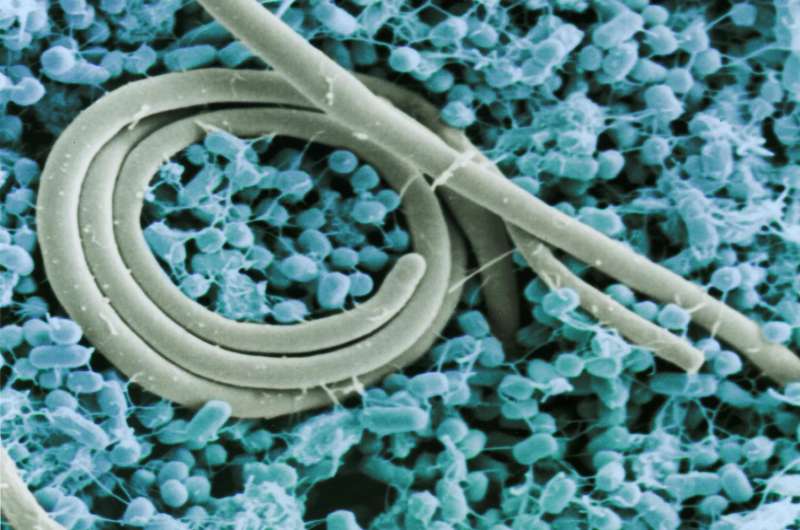Controversial Reshuffle of Vaccine Advisory Committee by RFK Jr. Sparks Concerns Over Scientific Integrity

RFK Jr.'s removal of all vaccine advisory committee members and appointment of new, potentially controversial members raises concerns over the scientific integrity of vaccine policies and future public health guidance in the U.S.
On June 11, 2025, U.S. Health Secretary Robert F. Kennedy Jr. announced the appointment of eight new members to the Advisory Committee on Immunization Practices (ACIP), a key body that guides the Centers for Disease Control and Prevention (CDC) on vaccine policies. This announcement followed two days after Kennedy dismissed all 17 existing committee members, a move described as unprecedented in the history of the agency. Kennedy characterized the replacement as a step toward restoring public trust through transparency and adherence to scientific standards.
The decision to replace the entire committee has drawn sharp criticism from public health experts. Critics argue that the mass removal politicizes vaccine policy and undermines the scientific authority of the advisory group. Many concerns center around the backgrounds of the new appointees, as several have publicly expressed anti-vaccine sentiments or have made claims inconsistent with established scientific consensus. Notable among them are individuals linked to vaccine misinformation, including scientists who have questioned COVID-19 vaccine safety and propagation of misleading statements about vaccine-related harms.
ACIP plays a vital role in shaping U.S. vaccine recommendations, including schedules for children and adults, and influencing vaccine coverage through insurance policies. Its recommendations impact which vaccines are mandated in schools and are often incorporated into public health strategies. The committee's work during the COVID-19 pandemic was instrumental in evaluating vaccine safety, developing guidelines for prioritization, and advising on vaccination strategies, which significantly influenced both national and international responses.
President Kennedy's move to replace all committee members raises questions about the future of vaccine policy integrity. Critics warn that such a sweeping change could alter vaccine recommendations, possibly favoring certain viewpoints over scientific evidence. This shift might also influence vaccine availability and affordability, as insurance coverage and school vaccination mandates depend heavily on ACIP's guidance.
The newly appointed members are experts in fields such as psychiatry, neuroscience, epidemiology, and biostatistics, but some have a history linked to misinformation campaigns and controversial views on vaccines, particularly COVID-19. This development fuels fears that future vaccine policies could be influenced by personal beliefs rather than scientific evidence.
Overall, this overhaul of the vaccine advisory process marks a significant departure from traditional practices and raises concerns about the preservation of scientific standards in public health decision-making. The implications of these changes could have lasting impacts on vaccine trust, access, and policy in the United States, potentially affecting millions of Americans' health rights.
Source: https://medicalxpress.com/news/2025-06-rfk-jr-shakeup-vaccine-advisory.html
Stay Updated with Mia's Feed
Get the latest health & wellness insights delivered straight to your inbox.
Related Articles
Promising New Vaccine Targets Typhoid and Salmonella Infections in First Human Trial
A new vaccine showing strong immune responses against typhoid and invasive Salmonella has proven safe in initial human trials, offering hope for effective disease prevention in endemic regions and beyond.
Revolutionizing Medicine with Synthetic Torpor: A Breakthrough in Metabolic Regulation
Researchers are exploring synthetic torpor, a reversible, energy-conserving state induced by ultrasound, with potential applications in organ preservation, space travel, and critical care medicine. This breakthrough may redefine approaches to treatment and patient management.
New Guidelines for Clinical Homologous Recombination Deficiency Testing Published
The Association for Molecular Pathology has published new best practice guidelines for homologous recombination deficiency testing, aiming to standardize assays and enhance cancer diagnosis and treatment outcomes.
Focus on Appetite-Regulating Hormones as Nobel Prizes Announced
This year's Nobel Prize predictions focus on research into appetite-regulating hormones like GLP-1, which play a key role in obesity treatment and metabolic health. Discover the scientific breakthroughs behind these groundbreaking discoveries.



